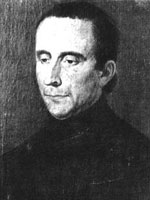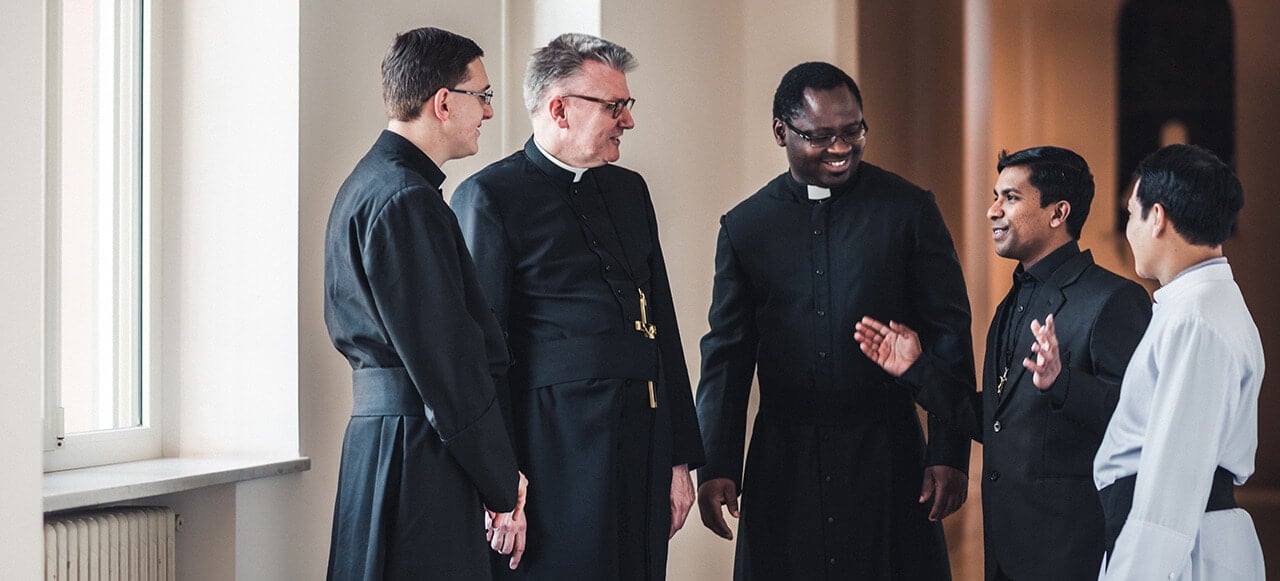
The cross at Moïta
The mission at Moïta had begun on August 11, 1836, and was to end three weeks later with the erection of a monumental cross, ten meters in height. The task posed many handling problems and risked becoming dangerous because of the nearby crowd. However, thanks to Father Albini, the installation succeeded marvelously. Canon Brandisi, an eye witness of the event, left this testimony: “The cross was enormous, and after hours of work it was only half raised. Everyone was exhausted and began to lose hope of getting it raised. The holy missionary became aware of the situation. He ran towards the cross. He stretched out his hands as if to retain it. And there it stood upright, with the base in the hole that had been prepared for it. Everyone shouted that it was a miracle, attributing it to a superhuman force. Everyone was crying for joy”
A lamp on the way
The following year another miraculous event occurred to confirm the already noticeable sanctity of Don Carlo. This time he was preaching at Albertacce, in the mountains of Niolo. For three weeks “evening and morning, the church was never unfilled” observed the missionary. He was accompanied by a deacon from the seminary. At the end of the retreat, because of the overflowing enthusiasm of the people, the two Oblates thought it advisable to flee by the mountain. That night, the priest suggested to his companion that they recite the breviary while walking along the mountain path. The young man drew attention to how difficult it would become because of the darkness. “Let’s start anyway” suggested the priest. On the following morning, a dumbfounded peasant recounted to his friends all the details of the vision that he had seen the previous evening. “I saw both pastors walking along slowly reading from their prayer book, even though darkness made it difficult to see. The older of the two had a kind of halo around his head. It was like a crown of light that shone for them.”
Father Albini could have answered him with this verse from Psalm 118: “Your word is a lamp for my path.”
André DORVAL, OMI
